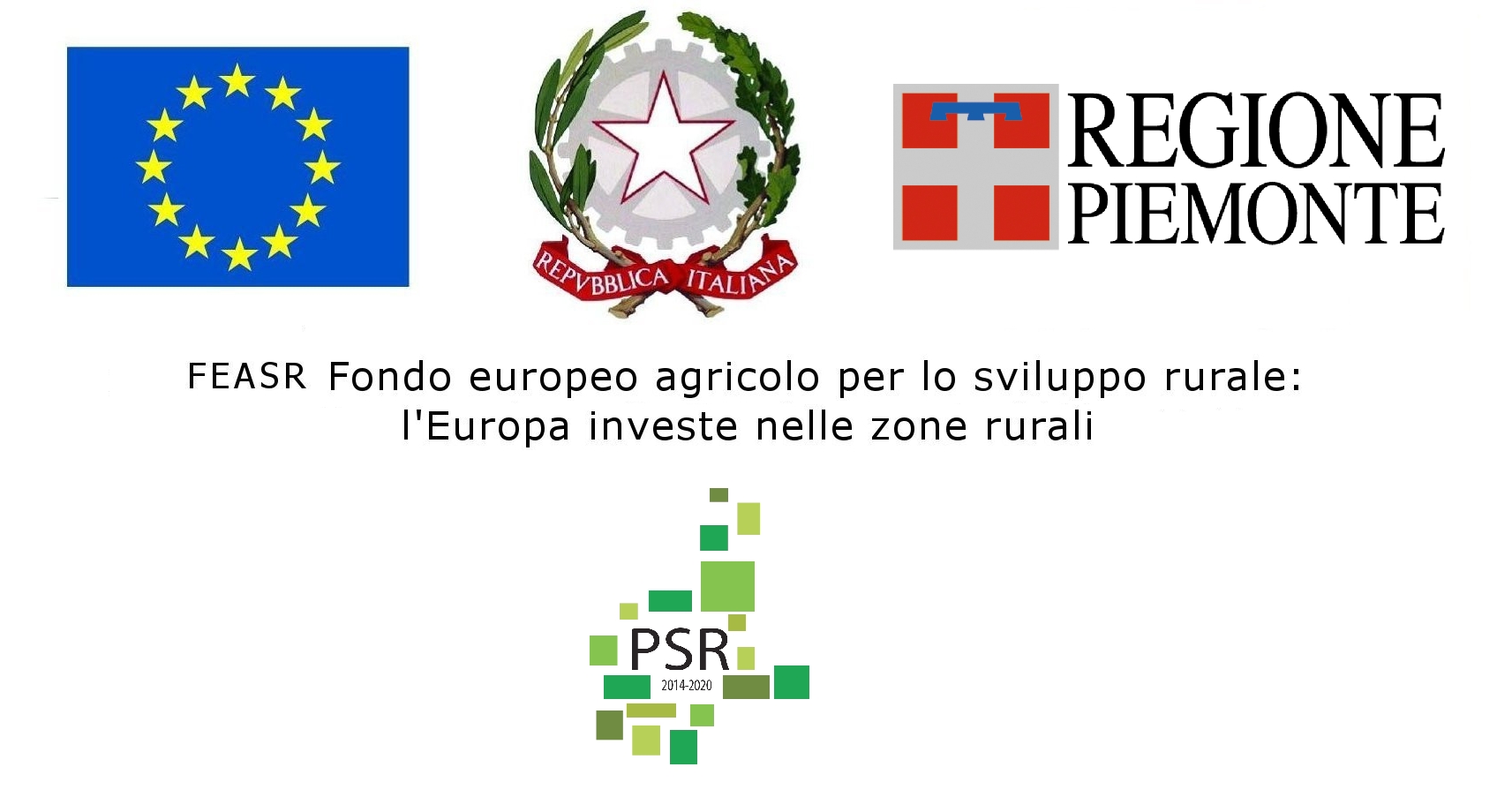Company
The history of our farm starts in 1958 with grandfather Francesco (born in 1914) and Grandma Rita (born in 1922) who, after years of sharecropping for Langa farms, decided to buy a small farm in the hills of Diano d'Alba, already well-known for its strong connection with the cultivation of the Dolcetto grape, and finally put down some roots both in their personal and working lives.
As often happens naturally in the course of time, his son Roberto, after attending agricultural college, and his son's wife, Viviana, have taken over the management of the farm, assisted by their son, Lorenzo, a wine technician and with the collaboration of Lara, their daughter.
Our farm, consisting of about 7 hectares of vineyards and 2 of hazel, is at the centre of an imaginary triangle between the bell tower of Diano d'Alba, that of Talloria Valley and the Castle of Grinzane Cavour and is one of the many micro farms on the Langhe wine scene, keeping alive with a great deal of effort this biodiversity that is very difficult to find today.
Having always been very careful about complying with environmental regulations relating to cultivation, the decision was made in 2000, with the support of the whole family, to take the road of organic cultivation.
Our lands are particularly suited for the production of red wines; Nebbiolo, Barbera, and Dolcetto are the typical Piedmontese grape varieties. White wines (Chardonnay and Viognier) and a classic method sparkling wine are also part of our production. In recent years, we have enriched our offerings with a Chinato wine and grappa. Not to forget our production of IGP hazelnuts from the Langhe, a distinctive feature of our territory. We oversee all stages of the process, from planting the vine sapling to bottling the wine, without relying on external labor.
We handle all stages of production, from the planting of grape seedlings, to bottling the wine, without external labour.
For about 10 years we have also been producing Tonda Gentile Trilobata PGI hazelnuts, a typical product of our land.
Why BULA?
Bula s the local dialect form of our family name, this is how we are known locally: when they say bula they are specifying a family, our family, unmistakably. By using it to identify our products, we are emphasising the bond with our land and our traditions.
OUR GARDEN AND THE KITCHEN OF OUR HOUSE
A lifestyle choice
Organic farming for us is a complete lifestyle choice.
On our table you will find only seasonal foods, coming, where possible, directly from our small vegetable garden because, as Grandfather Cescu said, too often our tables are laden with barache (crap).
In the kitchen, Viviana bustles around every day amongst spices, soups, breads, homemade pasta and cakes (perhaps with our hazelnuts!) but it is especially in summer, when fruits and vegetables ripen, that she is begins the production of jams , preserves and canned fruit that can be consumed in winter in the warmth of the kitchen heated by the wood stove (potagè).
Our sinoira snack
Around here the aperitif has always been called sinoira snack. It is a late-afternoon meal, based on simple products of Piedmontese cuisine. This was a rural tradition that served to revitalise your body (and mind) after a day of work in the fields or vineyards, after the afternoon snack and before dinner.
If you pass here at this hour, you can keep us company with a glass of wine and a piece of bread and cheese, perhaps accompanied by a spoonful of our homemade cognà, a special traditional jam, excellent with cheese, based on grape must to which are added walnuts, hazelnuts, Madernassa pears, quince, dried or fresh figs, prunes, and a little sugar. If the sinoira snack goes on for a long time, we add a seat at the table with us and you can eat a dish of tajarin... always homemade, of course.








